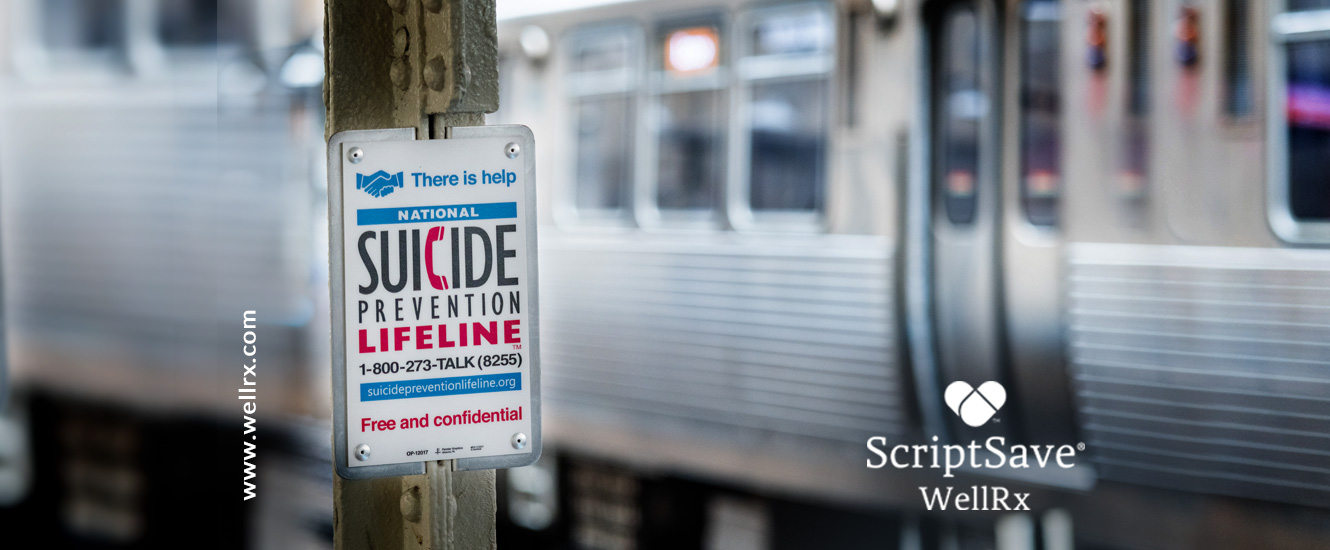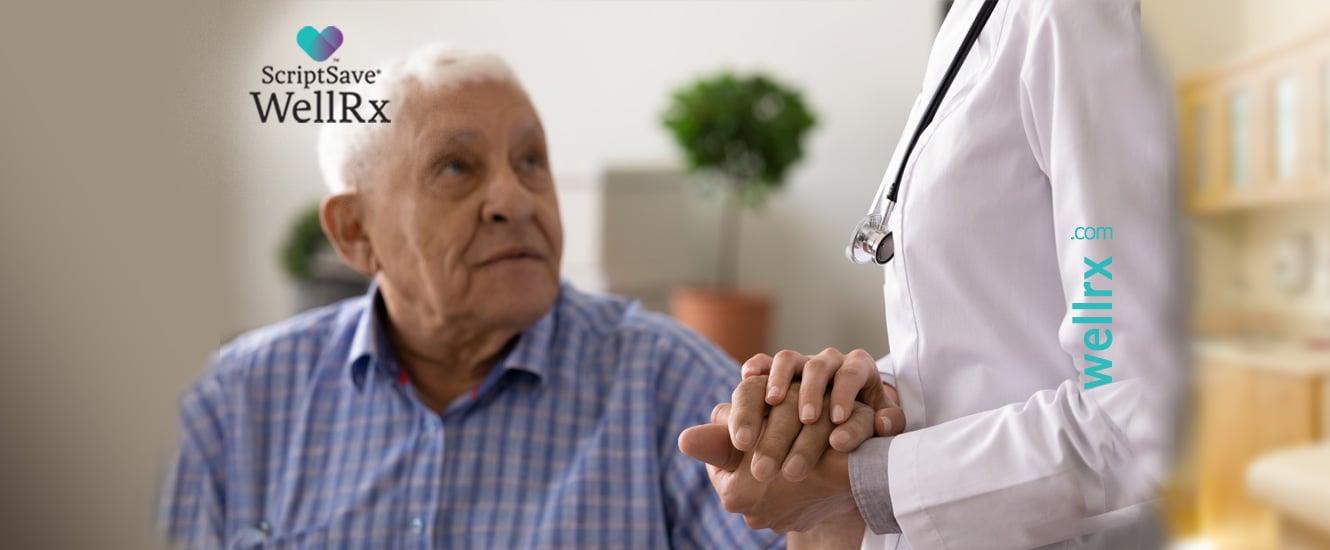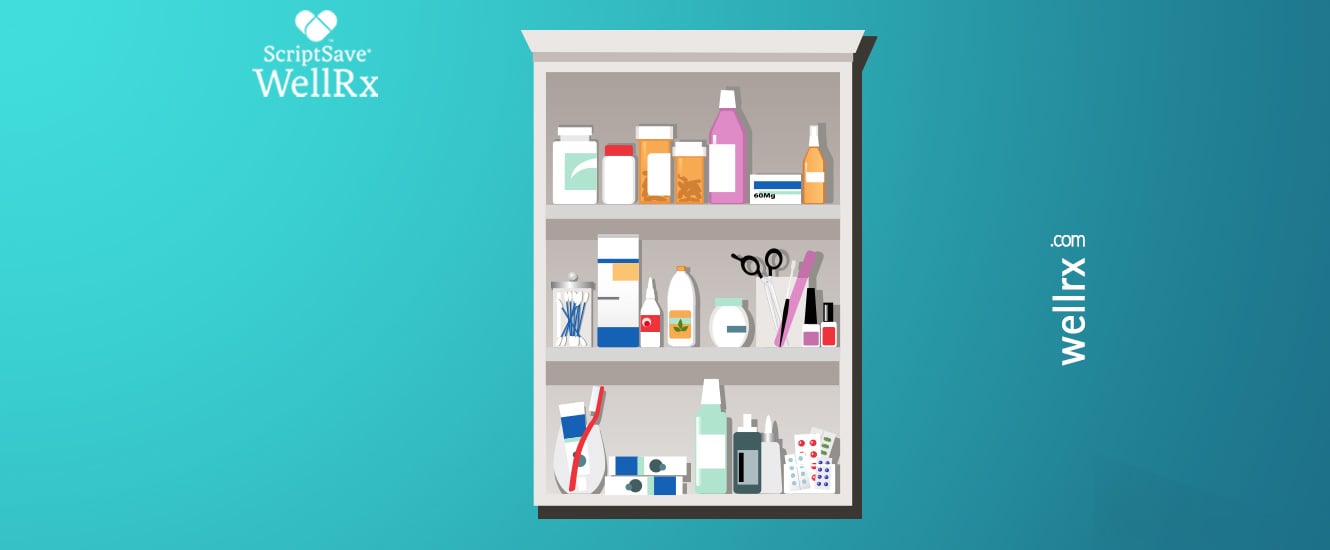Alarming Suicide Statistics: The Fight to End Suicide
Over the past 17 years, rates for death by suicide has dramatically risen here in the United States. From 1999 to 2016, 25 states had over a 30% increase in their suicide rates. There’s rarely any one reason for someone to commit suicide. However, most suicides are attributed to life stressors, loss of a relationship, and a recent or approaching crisis. Another huge contributor is the presence of a mental health disorder such as depression or anxiety.
In the year of 2017, the CDC states that there were:
- 44,965 suicide deaths
- 13.9 suicide deaths per every 100,000 people
- 39% of adults 18 and older had serious psychological distress in the past 30 days
- 56.8 million physician visits resulted in mental, behavioral, and neurodevelopmental disorders as a diagnosis
- 5.5 million emergency room visits were due to mental health disorders
The Good News
The amount of people being treated for depression and anxiety disorders is also rising. In 2012, the World Health Organization stated that 350 million people across the globe were affected by depressive disorder. This is followed with an increase in diagnosis and treatment of these disorders.
Common Anti-Depressant and Antianxiety medications include:
| Brand Name |
Generic Name |
Drug Class |
| Zoloft |
Sertraline |
Selective Serotonin Reuptake Inhibitor |
| Lexapro |
Escitalopram |
Selective Serotonin Reuptake Inhibitor |
| Prozac |
Fluoxetine |
Selective Serotonin Reuptake Inhibitor |
| Wellbutrin |
Bupropion |
Dopamine/Norepinephrine Reuptake Inhibitor |
| Cymbalta |
Duloxetine |
Serotonin/Norepinephrine Reuptake Inhibitor |
| Effexor |
Venlafaxine |
Serotonin/Norepinephrine Reuptake Inhibitor |
| Pristiq |
Desvenlafaxine |
Serotonin/Norepinephrine Reuptake Inhibitor |
| Remeron |
Mirtazapine |
Alpha-2 Antagonist |
| |
Amitriptyline |
Tricyclic Antidepressant |
It’s great that more people are getting help for their mental health conditions. The increase in people getting treatment will help to decrease the number of people wanting to harm themselves. If you have sought treatment for anxiety or depression or know someone who sought treatment, I am so happy! Everyone’s life is valuable. If you or someone you know suffers from anxiety or depression and hasn’t yet felt comfortable seeking treatment, don’t hesitate. The awareness of these conditions and options for treatment are expanding; set up an appointment to talk about what you are experiencing.
Things to Remember about Antidepressants or Antianxiety Meds
These medications take time to work. In many cases, you won’t see an effect until after about 1 month. Taking your medications as prescribed can help strengthen their effectiveness and prevent side effects like dizziness, fatigue and nausea. If significant time passes and you still don’t feel any better, ask your doctor to try you on another medicine. Never quit these medicines abruptly as this can result in bothersome, and sometimes serious withdrawal symptoms. Be sure to follow your doctor’s instruction to taper these medications if it’s determined that they need to be stopped.
Outside of Medicine
Outside of prescription medication, these are 3 valuable ways to improve mental health. Incorporating these changes along with your medication can also increase their effectiveness.
Nutrition: Your body makes all your brain chemicals from the food you eat daily. That’s your protein, complex carbohydrates (fruits, veggies, whole grains), and good fats. If you don’t eat this kind of balanced diet, you may consider taking a daily multivitamin.
Sleep: Getting close to 8 hours of sleep each day gives your body the time to make more brain chemicals. It’s the best opportunity for your body to fix and replace other cells like the nerves and muscles.
Exercise: Daily exercise improves your brain activity and increases the release of brain chemicals. A great example would be going for a brisk walk outside. The movement, along with getting at least 10 minutes of sun each day, is another great way to both exercise and get your daily vitamin D allowance. Not to mention exercise is a good way to relieve anxiety and avoid personal stressors!
Suicide Lifeline
If you or someone you know are thinking about harming themselves in any way, call the National Suicide Prevention Lifeline at 1-800-273-8255. You can also text HOME to 741741 to receive texts from the Crisis Text Line. If you feel there is an emergency, you should always call 911 or go to the nearest hospital.
Cherokie Dyer is a PharmD candidate of 2020 who is also pursuing a career in nutrition and holistic wellness. She founded Healthy La Vie, a wellness platform aimed to help people live healthier lives through health education, nutrition and holistic wellness tips. She’s written many articles bringing the world of medicine and nutrition together on the Healthy La Vie blog.
References:
Suicide Prevention websites:
https://www.crisistextline.org/
https://suicidepreventionlifeline.org/
Statistics:
https://www.grandviewresearch.com/industry-analysis/anxiety-disorders-and-depression-treatment-market
https://www.cdc.gov/nchs/fastats/mental-health.htm
https://www.cdc.gov/mmwr/volumes/67/wr/mm6722a1.htm?s_cid=mm6722a1_w
Medication and Nutrition information:
https://www.fda.gov/consumers/free-publications-women/depression-medicines-help-you
http://www.martiefankhauser.com/













 Store & manage your medication list
Store & manage your medication list Medication pricing updates
Medication pricing updates Pill & refill reminders
Pill & refill reminders Medication journal & mood log
Medication journal & mood log